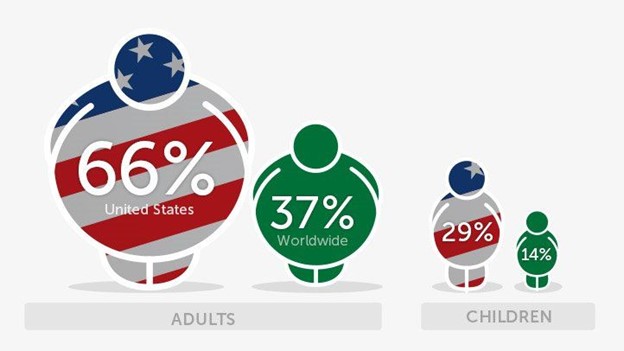COVID-19 precautions at work help everyone stay healthy, but health screening, both before, during, and after the pandemic can help people know their risk for COVID-19 complications, gauge their risk level, then act appropriately at home and at work.
Which factors make you more at risk for COVID-19 complications?
- Age
- Heart problems
- Kidney disease
- Cancer
- COPD
- Diabetes
- Asthma
- Vaping and tobacco use
- Weakened immune system due to organ transplant
- Obesity
- Sickle cell disease
While some of these are beyond the control of the person, many of these factors can be discovered during an annual health screening. Employees can then work with their insurance provider to improve their health independently with the help of their employer.
Health screening and the heart
Most health screenings check blood pressure and pulse rate, two indicators of heart health. A cholesterol check is often recommended as well. If any of these are out of the optimal range, a health provider will often recommend a follow up with a physician or cardiologist, depending on the severity of the symptoms. Screenings help catch issues before they become major problems.
Health screening and the lungs
For many years, smoking cessation programs have been a part of a health screening. Many insurance companies and employers will offer incentives to stop smoking. Now, employers should consider adding e-cigarettes to their tobacco cessation program, as these are a rising threat to lung and overall health.
Health screening and obesity
No one likes to talk about it, but obesity is a major indicator of COVID-19 complications, and it is preventable. However, a consistent policy of annual health screenings can help employees know and maintain their ideal weight. Many health screenings also offer BMI, which is body mass index. This helps employee more accurately know if they need to lose (or gain) weight.

The percentage of overweight or obese citizens in the United States compared to the rest of the world, according to a new Lancet study. Credit: Lesley Marker
Health screenings can protect your employees by encouraging them on the path to better health.

.png?width=500&height=500&name=Blue%20and%20White%20Classic%20Shield%20Financial%20with%20Star%20Logo%20Design%20(1).png)


